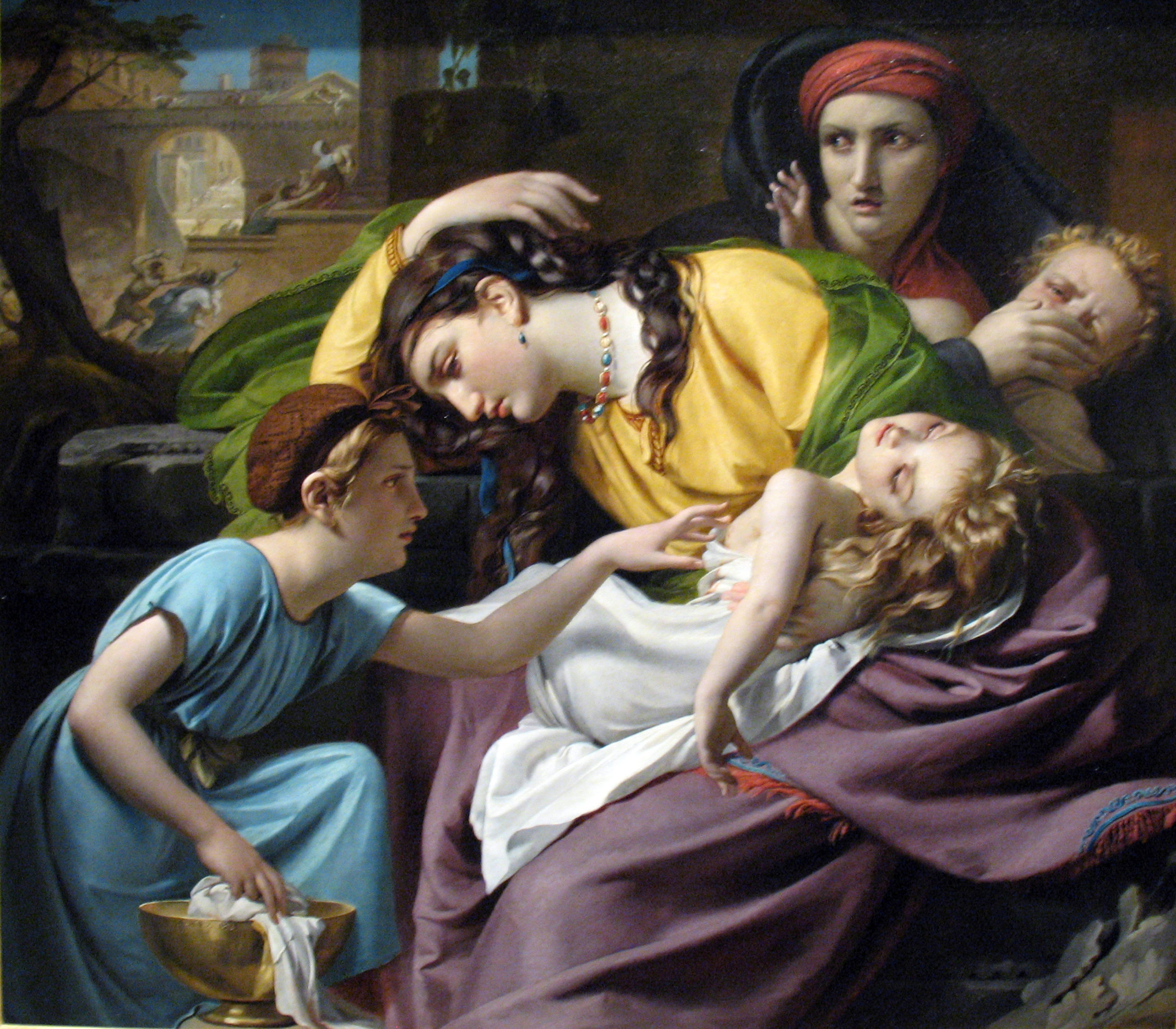The Catholic Church has a tradition of canonizing those who have lived lives of heroic faith, hope, and charity. But there’s a special group of witnesses – martyrs – who die in odium fidei, because of “hatred of the faith” on the part of their persecutors. They have professed with undying fidelity, even to the shedding of their lifeblood, their love of Christ.
In days of old, the persecuted Christian, called to appear before the emperor or to stand upon the scaffold, at least received the dignity of professing his belief before execution. In modern times, however, the persecuted Christian often faces a nameless and faceless tyrant. Today, the martyr typically suffers for his belief behind closed doors, in prison camps, in back alleyways, at the hands of a persecutor who wants to leave no trace of his hateful deed. St. John Paul II called many of these contemporary, hidden witnesses “the new martyrs.”
One of the most gripping modern examples comes to us from the canonization of the saint and martyr, Edith Stein (Saint Teresa Benedicta of the Cross, O.C.D., which provides searing commentary on the insidious nature of the persecution of Christians in recent times. At the time of her canonization, it was still being debated – even by some Catholics – whether she deserved the title “martyr” (click here for a brief summary of the controversy and evidence supporting the claim).
As the official Positio [Presentation] regarding the martyrdom of St. Edith Stein explains, however, “Although the Church must not too easily confer the title of martyr, she must neither on the other hand give advantage to the modern ‘Tyrants’ who, with their sophisticated machinations and their evil tricks, seek to eliminate not only the Catholic faith but also martyrdom, rendering the Church and her witnesses completely mute.”
The silent witness of modern persecuted Christians reminds us of that very first group of souls slaughtered wholesale in hatred of the Christ: the Holy Innocents. Voiceless and unable to cry out to Heaven, they were, nonetheless, eliminated in an effort to stamp out Christ from this earth.
Like these very first voiceless martyrs of the Church, our modern martyrs suffer without the privilege of asserting their credo courageously, aloud. Why? Because the modern Tyrant does not ask the question, “What god do you serve?” He already knows the answer. Leaving the question unasked renders the motives of the persecution unknown, and the modern Tyrant prefers it that way.
Our church doors are now closed. And perhaps for the first time, many of us feel sharply what it’s like when a government shuts down divine worship. But is it only New York, Chicago, and London that are appalling? What of the closed church doors in Damascus and Baghdad? What about the fate of Christians in the dark alleyways of Mosul? Or over broad expanses in China?
The faceless Tyrant wreaks his havoc, and those who disappear, or whose remains are found among the rubble in these too often forgotten corners of the earth, have not had their moment of profession before the pagan emperor. Theirs is a silent witness.

Yet this mute witness is no less powerful for its silence. Their silence speaks, cries out to be heard, and resounds through the corridors of Heaven.
The closing of our churches, unchecked, virtually without a whimper, should open our eyes and ears to threats against the faith in other contexts, egregious acts against belief, both far away and close to home.
Martyrdom knows no geographic or chronological boundaries. From the Holy Innocents to the shuttered churches in Beijing, martyrdom is “the supreme witness given to the truth of the faith: it means bearing witness even unto death.” (Catechism of the Catholic Church, 2473)
When a bakery is closed in Portland because its Christian owners refused to worship at the altar of homosexual “marriage,” a silent witness has occurred. When an Easter service in Sri Lanka ends in bloodshed, its congregation called to submit to the faceless regime, allegiance to the One True King has been proclaimed.
Pope St. John Paul II, no stranger to the silent persecution of the Third Reich and, later, Soviet repression, was well aware of the courage that our generation would need, in order to bear witness before the faceless and insidious powers of our time.
Almost everyone remembers his famous proclamation in the homily for the inauguration of his pontificate, “Be not afraid.” Far fewer recall something else he said that day: “Let Christ speak to man. He alone has words of life, yes, of eternal life.”
It is Christ who speaks through our silent witness. The only thing we should fear is ceding power to Tyrants by accepting their redefinition of the rules of witness and martyrdom. To live as Christians without fear and, if necessary, to lay down our lives despite the odium fidei, the hatred of the faith, is the vocation of our generation of believers.
We have seen the faith persecuted from within our own church walls. We have seen the inestimable truth and goodness of the Eucharist denied, denigrated, and desecrated. We have, in great part, stood silent. That must end. We have to acknowledge and aid the persecuted, wherever they are, even in our midst.
We must reject, in all its forms, the cunning persecution which gives no name to its action and no face to its decrees, thus hiding its motives, and concealing its effect. We must refuse to permit such a redefinition of reality, such a muting of the Church, her fundamental truths, and her courageously loving witness – which is to say the voice of Christ.
*Image: The Massacre of the Innocents by François-Joseph Navez, 1824 [private collection]














